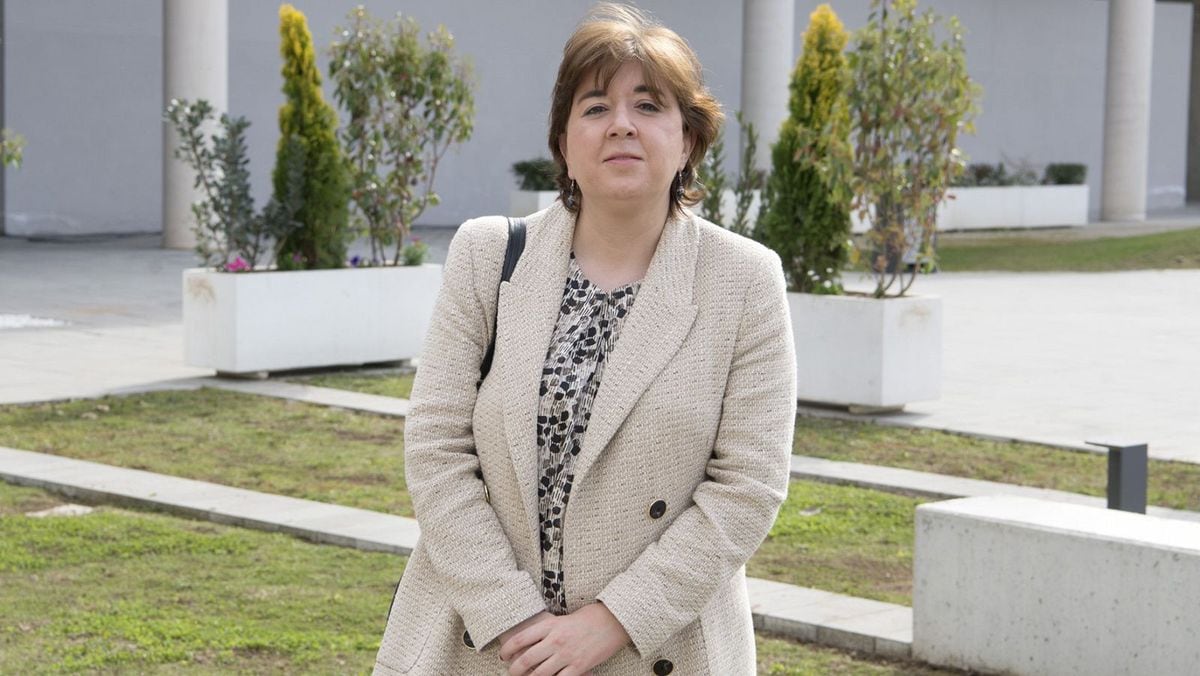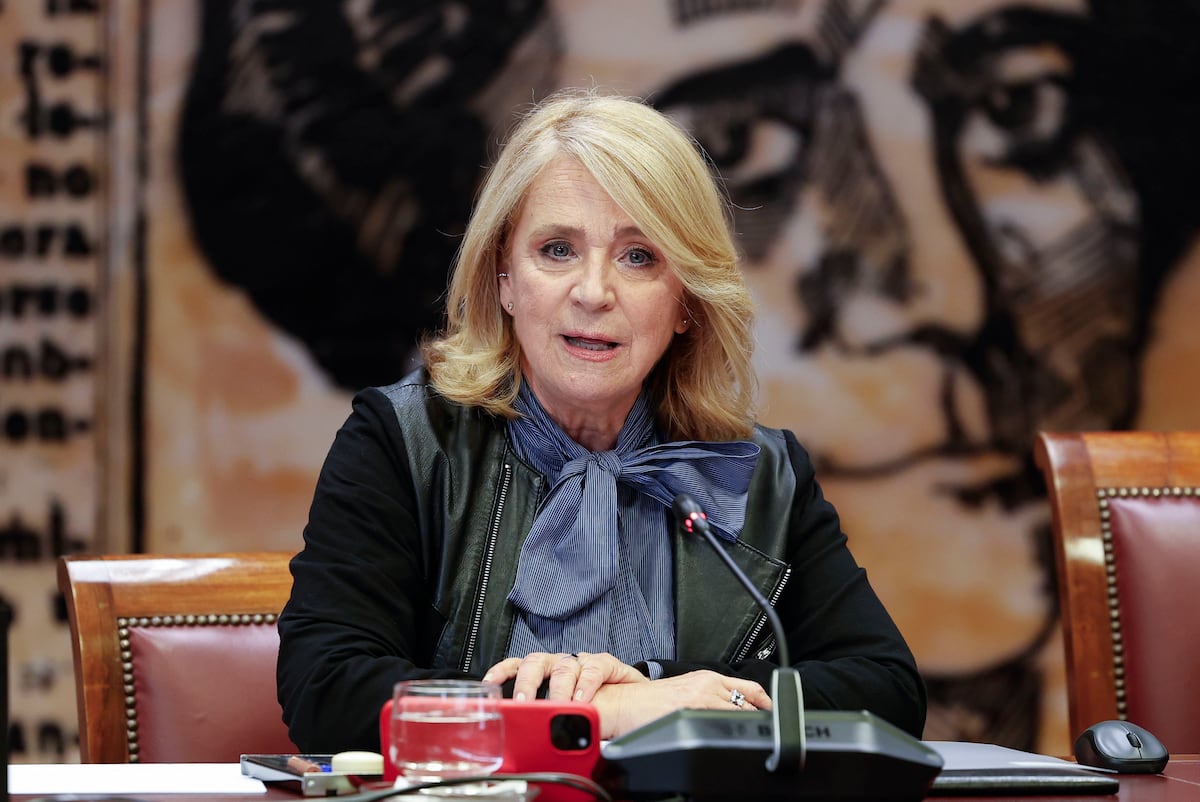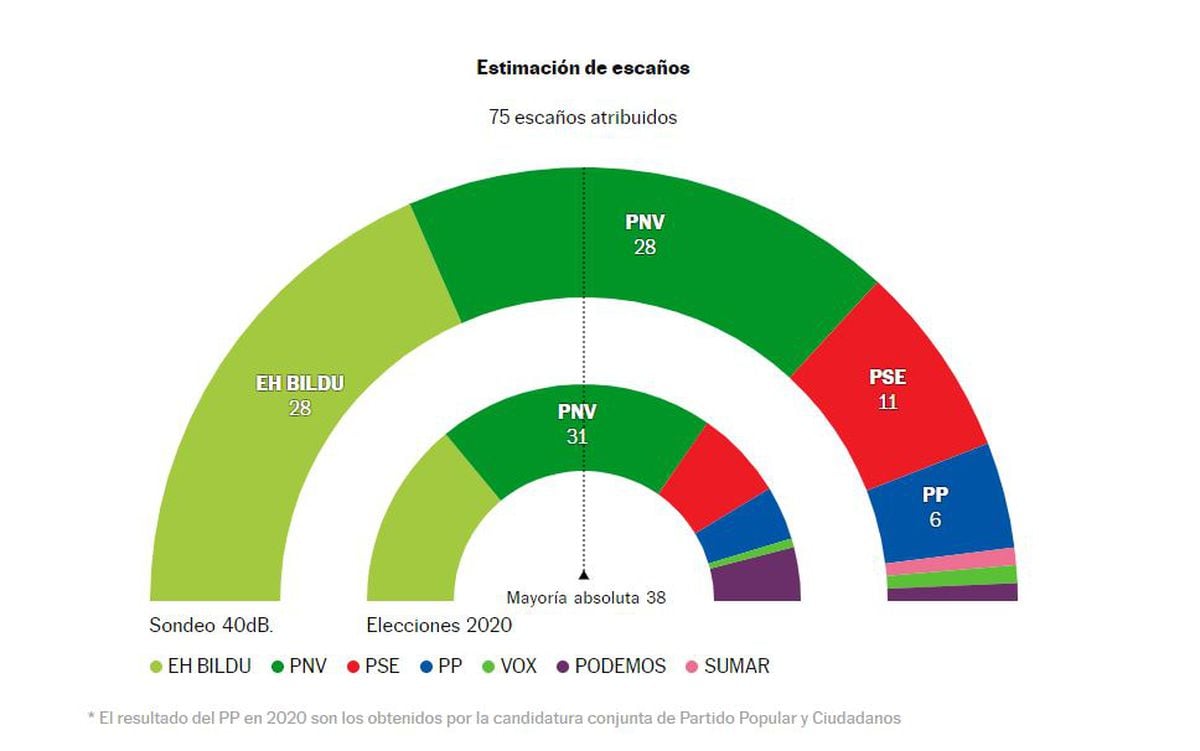Vice President Yolanda Díaz, with the ministers Ione Belarra and Irene Montero, 'numbers one' and 'two' of Podemos, in an act last June.FERNANDO ALVARADO (EFE)
The latest package of government measures to alleviate the effects of the crisis, approved this Tuesday by the Council of Ministers, allows Unidas Podemos to display its influence in the Executive and breathe after a hectic year, due to a complex geopolitical and economic context with the war in the Ukraine and the escalation of inflation, but also because of the tensions within the group.
Despite relevant legislative achievements, such as the culmination of the labor reform at the beginning of the year, the blocking of other regulations due to the clash with the PSOE, the open battle for the reconfiguration of the political space led by Vice President Yolanda Díaz or the electoral setbacks in Castilla y León and Andalucía leave a bittersweet balance for the formation in their third year of Government.
The feeling within the group is that in the face of a complicated scenario (in summer the price hike reached double digits) the Government has acted correctly, intervening in those sectors where it should have done so, although on occasions it has not gone all the way. demanded by the minority partner.
For UP, the measures related to the cap on the price of gas, the extraordinary taxes on banks, energy companies and large fortunes or the freezing for six months of the rental price in those contracts that are going to be renewed are especially significant, a proposal now included in the extension of the decree against the crisis and that it was the "main priority" of the party in this negotiation.
Both the second vice president's team and Podemos have also pushed for the creation of a check in order to intervene in another of the sectors particularly affected by the economic crisis, that of food.
In the organization they celebrate that the proposal has "made its way", although the original initiative contemplated a greater coverage than that achieved (finally 200 euros for those households that earn less than 27,000 euros a year).
"These are difficult times for many people in our country and we need more than ever for politics to be useful," Díaz assessed before explaining the approved measures.
This government will continue caring for the people and working for the common good with the new decree."
"We have worked hard and negotiated until early this morning to reach the agreement," stressed the general secretary of Podemos, Ione Belarra, in a message released at the same time that President Pedro Sánchez appeared.
The also Minister of Social Rights has declared herself "particularly satisfied" at having managed to "convince the partner" to include measures on housing, although she has avoided the triumphalist tone and regretted that her proposal to freeze mortgages at a rate variable.
From the labor reform to the institutional crisis
The year that ends has been turbulent for UP, despite achieving some fundamental regulatory advances.
After the agreement between unions and employers, Díaz's labor reform obtained the approval of Congress in February.
It was a controversial vote, with the refusal of the nationalists of ERC, PNV or EH Bildu and only saved thanks to the mistake of a popular deputy Alberto Casero.
Its entry into force finally defied the worst omens.
In less than a year the temporary employment has been reduced to historical lows and one in two contracts that are now formalized are permanent.
Díaz is expected to take stock of the reform this Wednesday, just 12 months after its approval by the Council of Ministers.
His department emphasizes another relevant rule from last year,
UP's legislative activity has been intense and debates have not been lacking either.
The laws promoted by Social Rights and Equality, in the hands of Podemos, have been the subject of disagreement with the partner, in some cases slowed down in their parliamentary process.
It happened with the
trans law
—which the entire group recognizes as one of the “milestones” of the legislature and was approved in Congress last week after an arduous battle within the PSOE— or animal welfare —in which UP has yielded to the demand of the socialists to exclude hunting dogs from the norm.
The lower house also gave the green light those days to the reform of the abortion law, as it had done before with the
only yes is yes
(Now involved in controversy due to the reduction of some sentences for sexual offenders when it entered into force).
Recently, the Council of Ministers also approved the rule for families months behind schedule.
Outside of government action, the results of this year's elections have served to deepen the electoral decline of space.
In February, UP lost one of the two attorneys it had in the Cortes of Castilla y León.
And in June, the confluence of the left sank in Andalusia, going from 17 deputies to just five.
In this second case, the debacle at the polls was preceded by a public fight between the parties that complicated their options.
The negotiation to decide the head of the list (finally IU) had been so rushed that Podemos ended up outside the official registration of the brand, which led to cross reproaches.
Former vice president Pablo Iglesias came to charge against Díaz and the formation of Alberto Garzón, taking coexistence in the group to the limit.
The year has served to verify the distancing between the leadership of Podemos and the current leader of UP, from which she has distanced herself on a multitude of issues to the point of already outlining a scenario of almost rupture that threatens to materialize in two different candidacies in the generals.
In the midst of the construction of Sumar, the new political project that Díaz is promoting with still many unknowns to be cleared up, Podemos has increased the pressure for it to sit down to negotiate and announce its candidacy, something that it plans to do at the beginning of the year.
The vice president, who has traveled a good part of the territory to present her project, insists that Sumar will be the key actor to revalidate the coalition in the next elections.
But Belarra's party sets conditions.
She wants an electoral coalition with Díaz,
The crisis unleashed by the blockade in the renewal of the General Council of the Judiciary and the Constitutional Court worries those around the vice president, who blames the PP for "eroding" democracy and institutions by "refusing" to recognize the legitimacy of the Government .
Despite everything, the same sources say they trust the willingness of "a vast majority of political formations" to reach agreements and strengthen democracy next year.



/cloudfront-eu-central-1.images.arcpublishing.com/prisa/6T3KSOHA6BDQFBYIVNK745SWGM.jpg)

/cloudfront-eu-central-1.images.arcpublishing.com/prisa/EMVMZ7U3KNFW5FQ5KGATJVCFCI.jpg)


